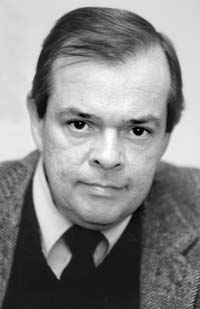Tipping Point

Ukraine is once again in the focus of world attention, having recently rated editorials in both the New York Times and Washington Post. The consensus seems to be that with a Russia growing more authoritarian and basically lost for the cause of democracy, Ukraine remains an important partner and could go either way, toward Russian style authoritarianism and a place in that country’s sphere of influence, or a democratic European nation perhaps on its way to NATO and the EU. Those in the West seem at a loss of what to do: too much pressure could push Ukraine toward authoritarian Russia and too little would mean appeasement on issues that go to the core of Western values.
The situation is shaping up essentially like this: those who have benefited from their association with those currently in power are fearful that, should the opposition win, it might take away some of the things that have already been shared out in order to reward those who have bet on those currently out of power. The people as such, largely unorganized into the building blocks of civil society that actually makes Western representative self-government work, are more or less left out of the equation. For Ukraine to integrate with Euro-Atlantic institutions, it has to abide by the rules of those that formed and already belong to such institutions. Whether it will do so depends on whether it can do so without infringing of the vital interests of those who actually run things here.
Karl Marx might have been wrong about some things, but he was most certainly right about many others, most especially that the best way to understand a given society is to look at its ruling class. Who is the ruling class in Ukraine? This writer would argue that it grew out of the nomenklatura and managers of the Ukrainian SSR who were able to parlay their political connections into money that in turn bought them more money and power. It is often impossible to actually prove who owns or controls something in this not quite free economy, but it is usually painfully obvious who is who. They were brought up in the tradition of soldiers of the Communist Party who combated any hint of Ukrainian bourgeois nationalism, that is, the idea that Ukraine would ever become independent. Then they found themselves running an independent state, their commitment to which has always been questionable. They have not been without achievements, but have also not been without highly questionable means of self-aggrandizement. The question is how far they can be pushed into evolving into a European national elite. Will they adapt to the West that they say they want to join, or will they flee eastward toward similar characters, whom they have known all too long and all too well? Ukraine today is truly at the tipping point. No one knows which way it will fall.






